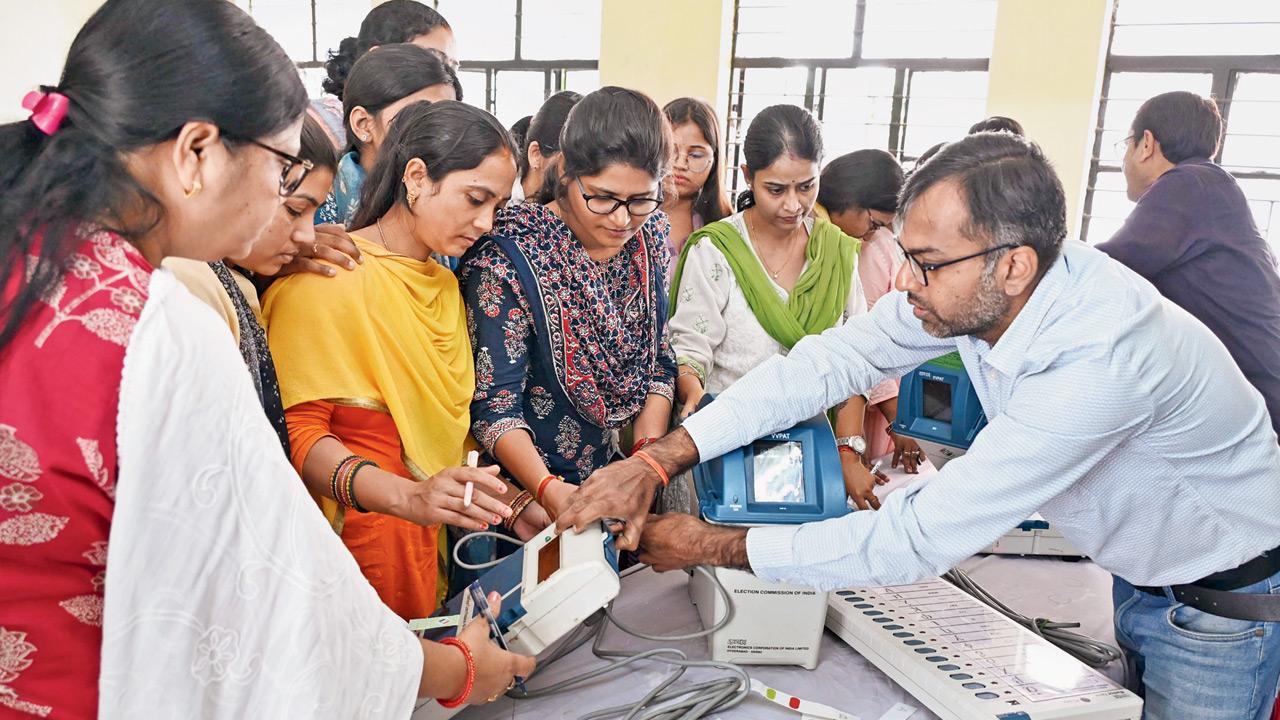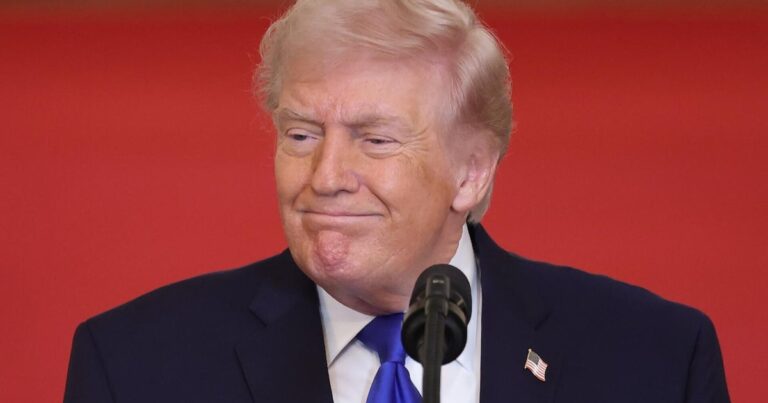
The erosion of trust in the Election Commission of India (ECI) has been most severe in states where the Bharatiya Janata Party (BJP) is in power—namely Assam, Uttar Pradesh (UP), Madhya Pradesh (MP), and Delhi. In contrast, this erosion has been marginal in West Bengal, a state governed by the Opposition. Kerala stands as the notable exception to this pattern: despite being an Opposition-ruled state, trust in the ECI there has also plunged.
Nevertheless, the decline in trust indicates that popular faith in the ECI has not entirely vanished. There remains a sliver of hope that the institution can still refurbish its image and regain public confidence.
**Alarming Survey Figures**
Worryingly, a recent survey revealed a sharp rise in the percentage of people who have “no trust” in the ECI. In Uttar Pradesh, distrust increased from 11% in 2019 to 31% in 2025. Delhi saw a rise from 11% to 30%, Madhya Pradesh from 6% to 22%, Assam from 6% to 17%, and Kerala from 10% to 24%. The only exception was West Bengal, where this figure actually decreased from 11% to 8%.
It is alarming that nearly one-third to one-fifth of the electorate in key states currently has no trust in the ECI. Moreover, this rise in distrust has been more pronounced in BJP-ruled states compared to West Bengal.
**Linking Trust to Electoral Performance**
It appears that the BJP’s electoral successes and strong performances are being attributed to elections that many no longer see as free and fair—elections the ECI is supposed to safeguard. Does West Bengal’s relatively intact trust in the ECI correlate with the BJP’s reduction in Lok Sabha seats there, from 24 in 2019 to 12 in 2024? Conversely, has Kerala’s distrust deepened alongside the BJP’s vote share increase from 15.64% in 2019 to 19.24% in 2024? These are complex questions without straightforward answers.
It is perhaps unsurprising that trust in the ECI seems linked to the BJP’s electoral performance, given that the appointment of commissioners is controlled by the Narendra Modi government. Correspondingly, the Lokniti-CSDS survey found that 21.7% of respondents believed the ECI was “completely” under government pressure, while another 31.4% thought it was “somewhat” influenced by the government.
**Perceptions of Government Influence**
The decline in trust suggests that many citizens believe the ECI acquiesces to governmental pressure to favor the BJP. A BJP victory in Bihar would likely further erode the ECI’s credibility, especially since the intensive revision of Bihar’s electoral rolls was perceived as a tactic to disenfranchise voters from marginalized communities.
Fortunately, this feared disenfranchisement did not fully materialize, largely due to the Supreme Court’s interventions. However, the final electoral rolls in Bihar still show irregularities: duplicate voter enrollments, invalid or non-existent addresses, and voter counts that fall short of the adult population. Additionally, the proportions of women and Muslim voters on the lists do not align with their actual demographic shares.
**Accountability and Investigations**
The ECI may point fingers at Congress leader Rahul Gandhi for the erosion of its popular trust. Yet, it has failed to conclusively disprove Gandhi’s claims that in Karnataka, citizens were illegally deleted from the voter list of the Aland Assembly constituency and added multiple times to the Mahadevapura Assembly constituency list. Similar allegations regarding electoral roll manipulation in Maharashtra remain inadequately investigated.
There is no justification for the ECI or the government to behave clandestinely—as if concealing or erasing evidence that the public would accept as genuine errors based on their constitutional rights.
For example, when the Punjab and Haryana High Court ordered the ECI to provide CCTV footage of Haryana’s Assembly polling day to lawyer Mehmood Pracha, the Modi government promptly amended a rule to deny this footage not only to him but to all others in the future. Additionally, the ECI issued a directive reducing the retention period for CCTV footage of the entire electoral process from six months or a year down to just 45 days. These actions have cast doubts on the ECI’s impartiality and intentions.
**The Road Ahead**
A BJP victory in Bihar would reinforce the impression that it is impossible to defeat the party as long as the ECI is perceived to favor it. This perception could gradually demoralize citizens, leading them to disengage from the electoral process and paving the way for a quasi-one-party democratic system.
Conversely, a BJP loss in Bihar could help arrest the freefall of the ECI’s credibility, offering hope that faith in India’s democratic institutions can be restored. The path forward demands transparency, accountability, and a renewed commitment to fair electoral practices to rebuild public trust in the ECI.
https://www.mid-day.com/news/opinion/article/eci-gains-if-bjp-loses-bihar-23598414




